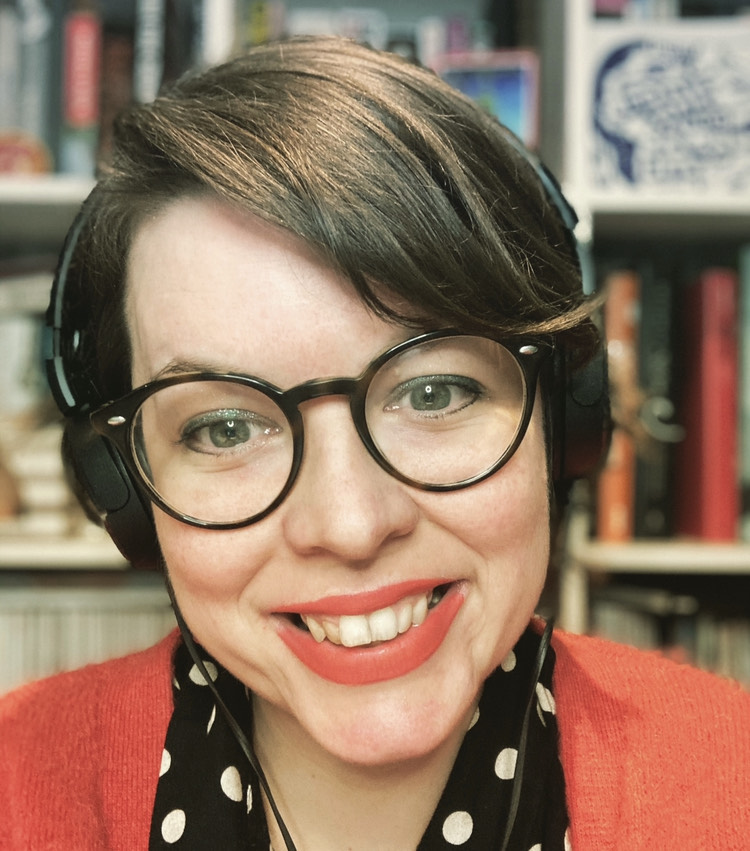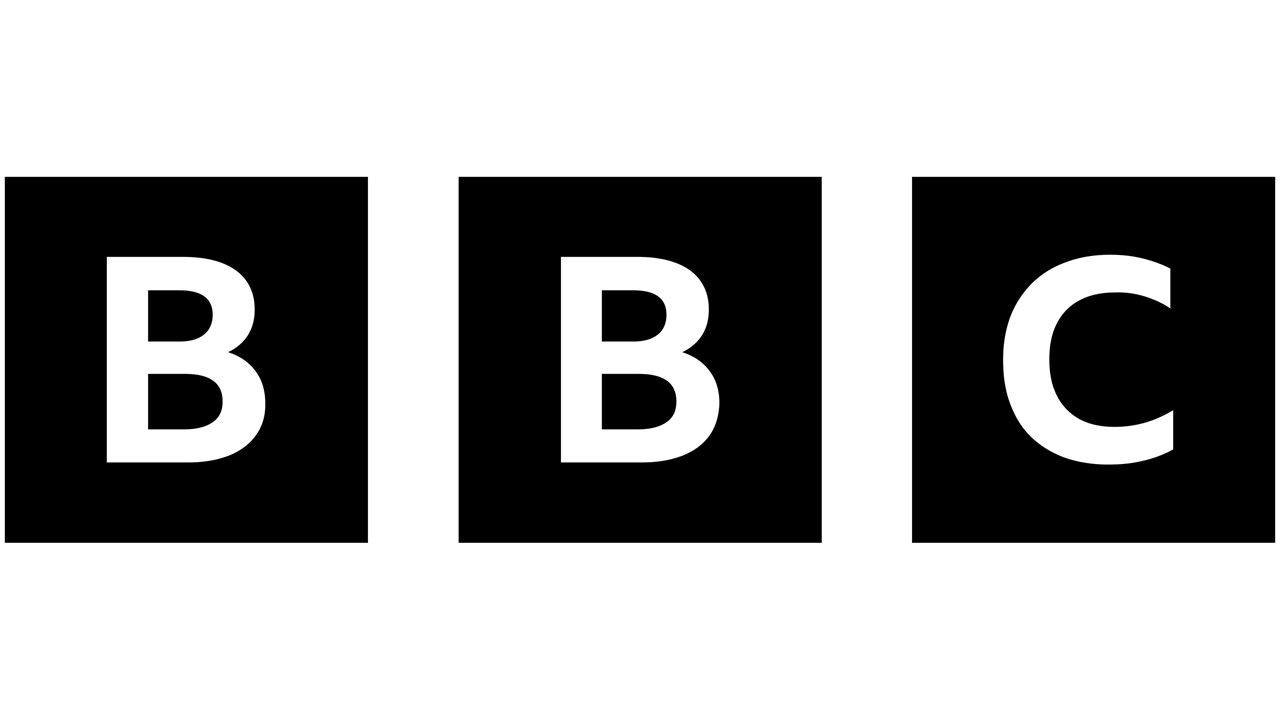Fact vs Fiction: The Great season 2 episode 4, The Devil’s Lunch
In The Great, what is the truth behind the war with the Ottoman Empire, pregnancy cravings and baby showers?
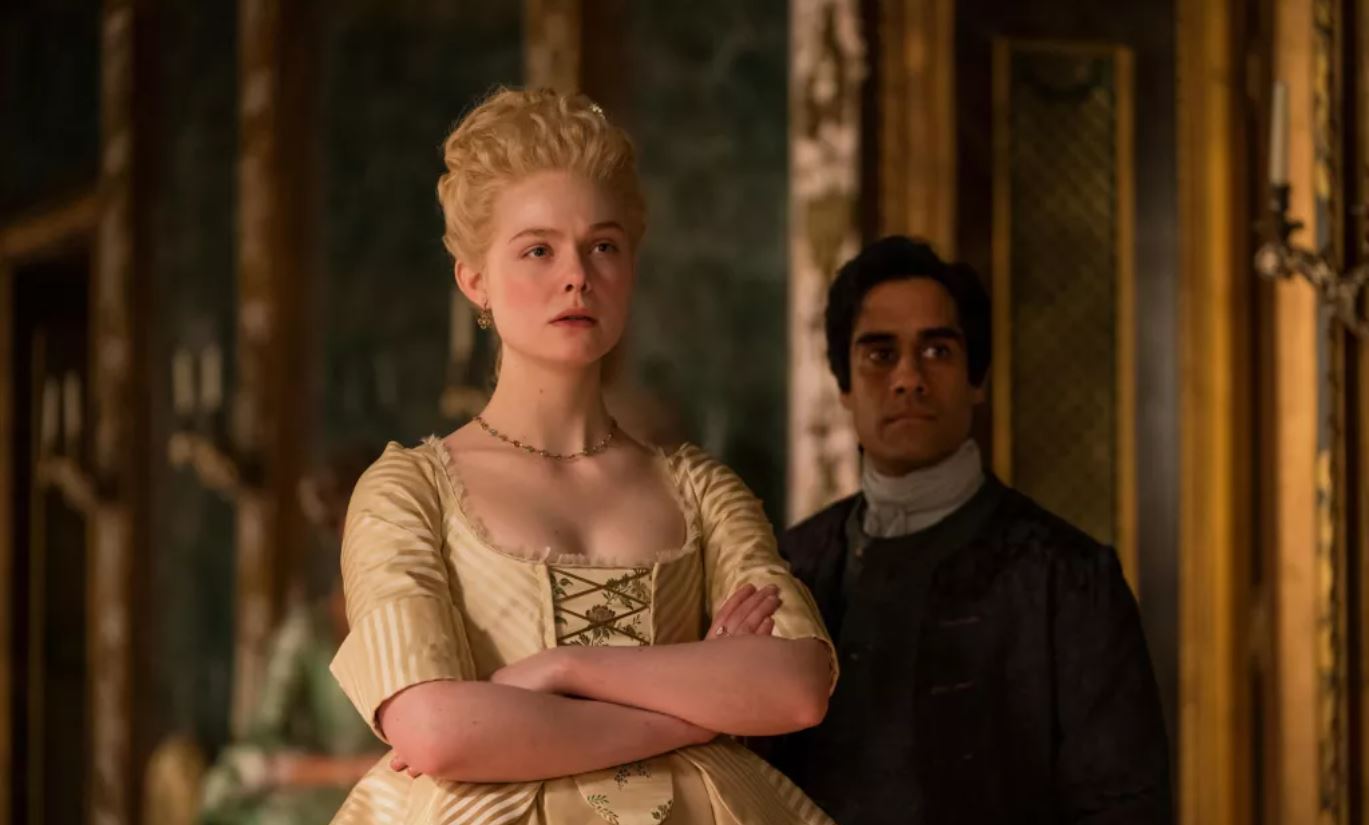
This post contains spoilers for The Great season 2 episode 4, "The Devil’s Lunch." For the previous Fact vs Fiction head here.
Now that Catherine (Elle Fanning) has embraced her heartache and the event that proceeded her accession, she can concentrate on furthering her agenda to transform Russia into everything she dreams it can be. Unfortunately, unbeknown to the empress, husband Peter (Nicholas Hoult) and his sycophantic cohort have plans of their own to destabilize her court and take back the crown.
“The Devil’s Lunch” takes a two-pronged attack against the new Catherine regime that sees the recently returned Grigor (Gwilym Lee) spread Peter propaganda at Catherine’s discussion on the new Denis Diderot pamphlet. The court has not warmed to academic-fueled conversations replacing debauched parties and the plan is to remind everyone that Peter will inject fun into their daily lives — even if it is only a select few who get to enjoy the spoils.
Stability and reason are part of Catherine’s mission statement, which is not an easy task when even those within her inner circle question her judgment. Velementov (Douglas Hodge) believes a plan of attack is the only course of action against the encroaching Ottoman Empire because this will “show strength” while a “path of peace” is what Catherine desires. However, she not only encounters stiff opposition because she is a woman, but also the actions of those loyal to Peter threaten an already unstable relationship by killing the Ottoman ambassador. The episode ends with Catherine turning to her imprisoned husband for, ahem, some relief.
We are going to separate fact from fiction in the second season of The Great. This episode-by-episode guide continues with a brief history of tension with the Ottoman Empire and the tension in “The Devil’s Lunch.” Plus, some burning questions to do with Catherine’s pregnancy.
What is Russia’s history with the Ottoman Empire?
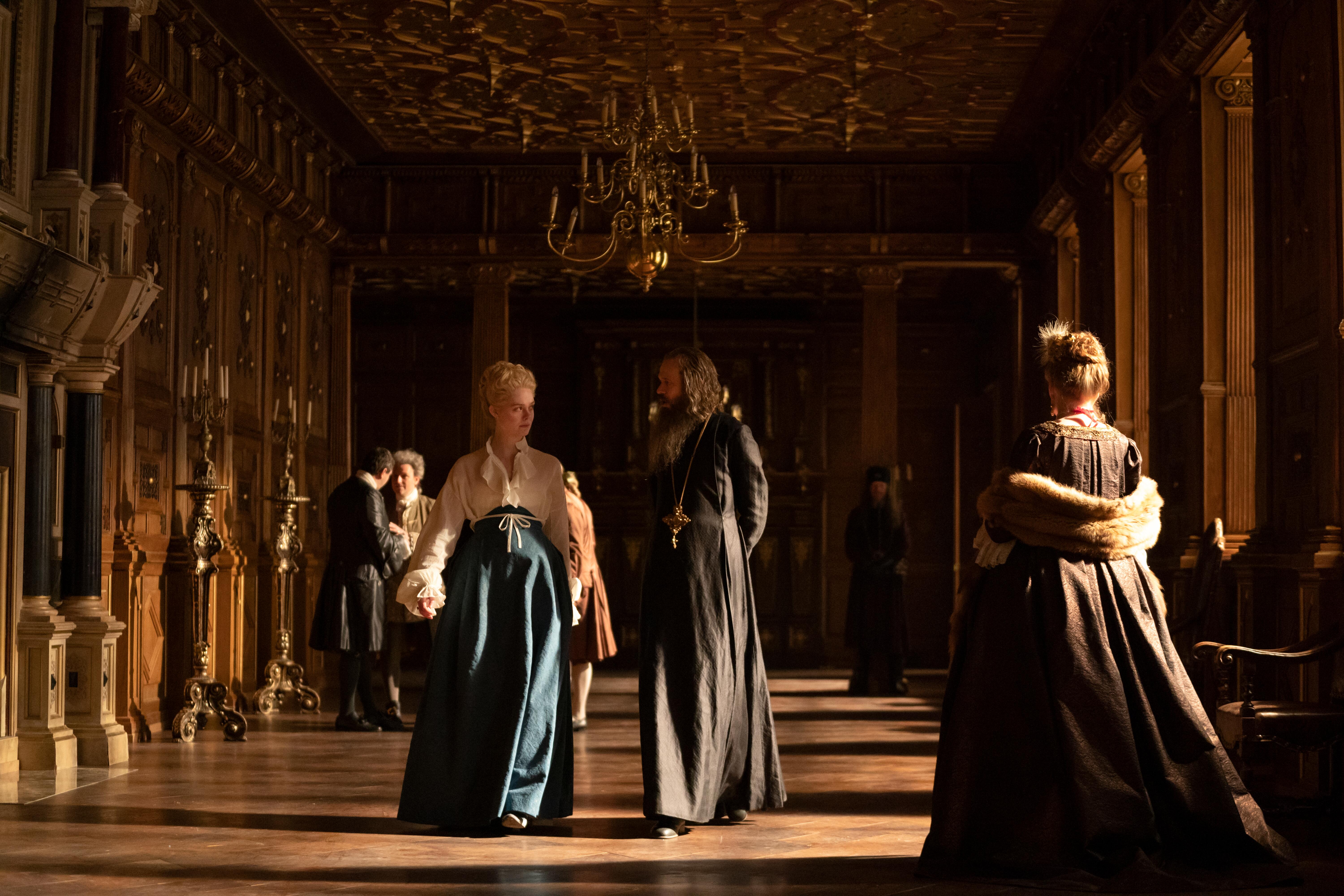
The Ottoman period spans more than 600 years and only came to its conclusion in 1922. Their conflict with Russia was on and off all the way through to the Ottoman decline. The first Russo-Turkish war began in 1568 and lasted for two years but in total there would be a total of 12 wars over the next five centuries. Several of these were under Peter the Great, but by the time Catherine came to power, there had been relative peace between the two regions for more than 20 years.
While the Hulu version of the new Russian ruler has to deal with the Ottoman border issue during the early days of her reign, the real Catherine was faced with an international crisis in 1768 (six years after her ascension). Anti-Russian rebellions in Poland led to the Turkish forming an alliance against their former enemy — the French also had a hand in igniting this tense situation.
The latest updates, reviews and unmissable series to watch and more!
“Things were brought to a head by the incursion into Turkish territory of a group of Russian Cossacks in pursuit of some Polish rebels,” writes biographer Virginia Rounding about the brewing strife in Catherine the Great: Love, Sex and Power. The circumstances are somewhat reversed in “The Devil’s Lunch,” but the fraught landscape reflects the manner in which peace and war are on a pendulum during this period. While the account of the ambassador getting killed appears to be fictitious, only five years ago did another act of violence threaten contemporary relations when the Russian ambassador to Turkey was assassinated at a gallery in the Turkish capital, Ankara.
Did baby showers exist in 18th century Russia?
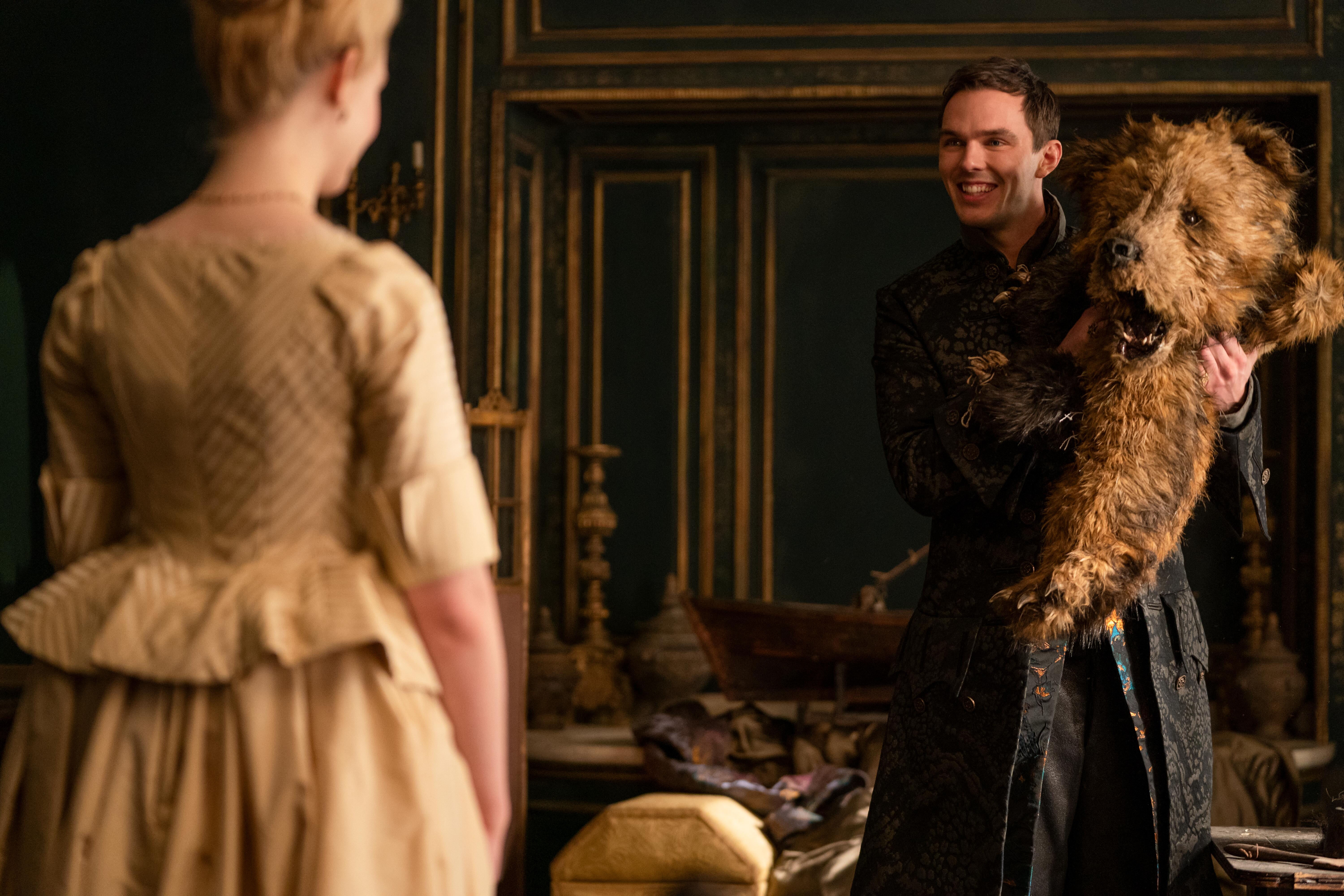
“Russians love them, the court will be happy. People want to shower us with gifts, hence baby shower,” is Peter’s assessment of the national mood regarding this tradition. While this occasion does give costume designer Sharon Long the perfect reason to lean into Peter’s playful sartorial side, there is no evidence that this practice existed in Russia until recent years. Celebrating the impending arrival of a child does date back to Ancient Egypt and Ancient Greece, and a baby shower has roots in tea parties hosted during Victorian times — though this only occurred after the baby was born.
It wasn’t until the post-WWII commercialization that this event spiraled into gifts and games with the mother-to-be taking centerstage. A baby shower is depicted during the revolutionary I Love Lucy pregnancy arc in “Ricky Has Labor Pains” and the concept of a “Daddy Shower” is conceived. Considering Peter is craving attention in The Great there are more links to the iconic 50s sitcom than a traditional Russian ritual.
Did Catherine really crave dirt?
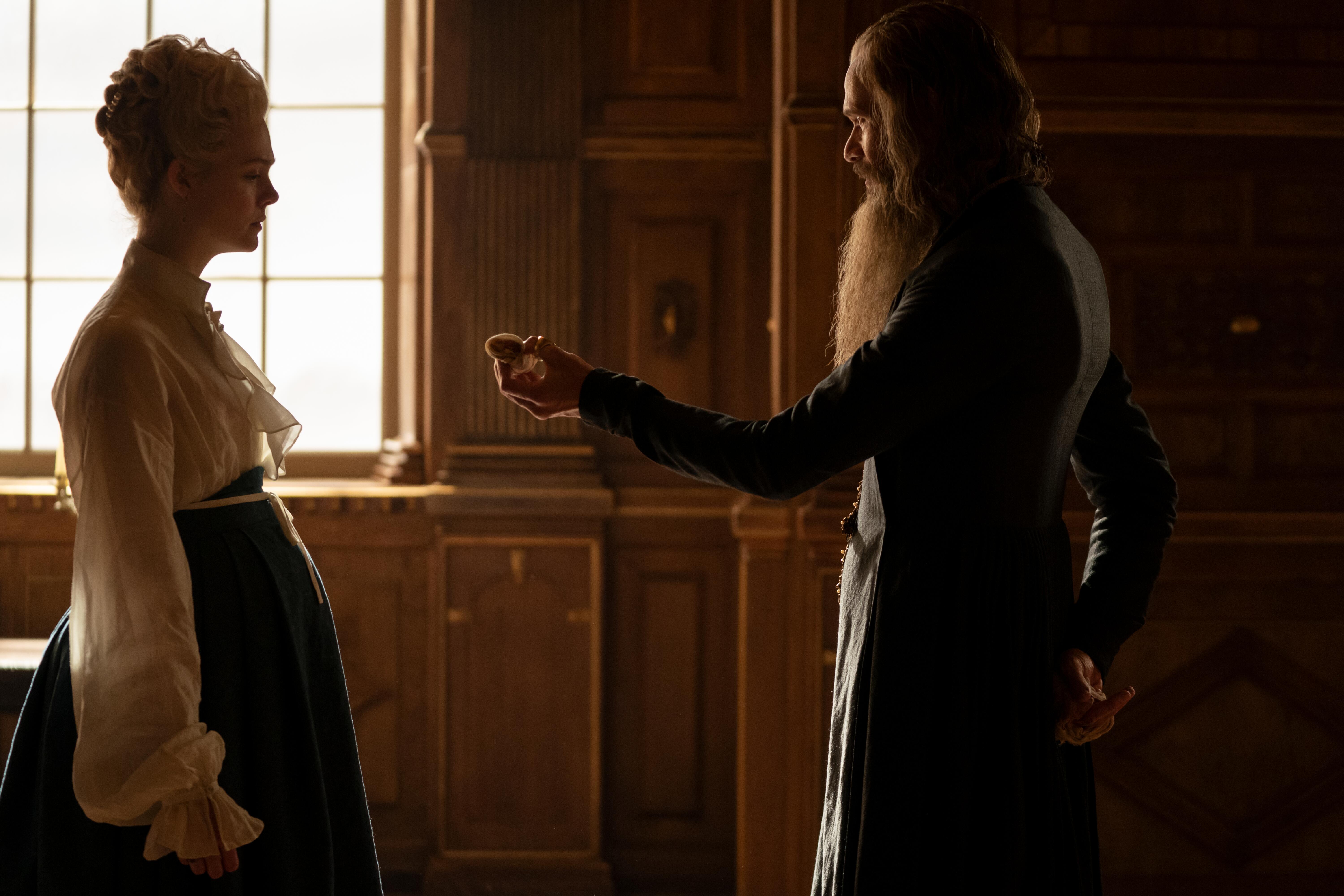
While there is no recorded evidence of Catherine’s pregnancy cravings, her urge to eat dirt this season is far from unusual. The most common form of pica (the scientific term for craving and consumption of non-food products) is ice, but the practice of eating dirt and clay dates back to Ancient Greece and Native Americans (and is also called geophagy).
While experts have not landed on a conclusive reason, theories include that the dirt (or clay) soaks up toxins, strengthens the immune system and provides minerals. "Soil is nature's multi-mineral supply,” said nutrition expert Dr. David L. Katz in a 2005 interview. It doesn’t sound particularly appetizing but another suggestion is it quells morning sickness symptoms. Suddenly Catherine’s snack of choice doesn’t seem so wild after all.
The Great season 2 is available to stream (in its entirety) on Hulu in the US. In the UK episodes air weekly on Channel 4 in the UK.
More The Great Fact vs Fiction
- The Great season 2 episode 1 Fact vs Fiction: Head's It's Me
- The Great season 2 episode 2 Fact vs Fiction: Dickhead
- The Great season 2 episode 3 Fact vs Fiction: Alone At Last
- The Great season 2 episode 5 Fact vs Fiction: Animal Instincts
- The Great season 2 episode 6: A Simple Jape — Fact vs. Fiction
- The Great season 2 episode 7: Stapler — Fact vs. Fiction
- The Great season 2 episode 8: Five Days — Fact vs Fiction
- The Great season 2 episode 9: Walnut Season — Fact vs Fiction
- The Great season 2 episode 10: Wedding — Fact vs Fiction
Emma Fraser spends most of her time writing about TV, fashion, and costume design; Dana Scully is the reason she loves a pantsuit. Words can also be found at Vulture, Elle, Primetimer, Collider, Little White Lies, Observer, and Girls on Tops. Emma has a Master’s in Film and Television, started a (defunct) blog that mainly focused on Mad Men in 2010, and has been getting paid to write about TV since 2015. It goes back way further as she got her big start making observations in her diary about My So-Called Life’s Angela Chase (and her style) at 14.
